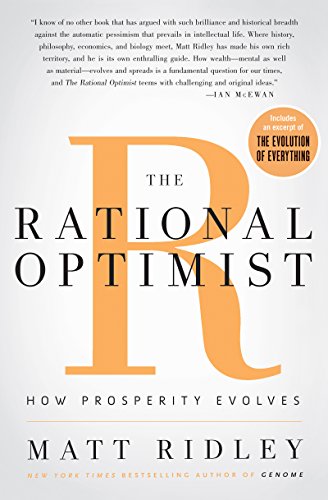
If you’re a parent, a teacher has probably reported at some point: “Henry wasn’t himself today,” or “Something wasn’t right with Julie. She just wasn’t herself.” What does that even mean? You may feel annoyed at the vagueness of the statement and ask for specifics, which you probably won’t get. After all, is there a ready answer to what makes Henry Henry or Julie Julie?
What makes anyone anyone?
I’ve had to ponder this question when making psychotropic medication decisions for my son Diego, who has autism and an intellectual disability. Such meds are meant to alter things like mood, perception and behavior, no less, and assessing such changes involves pitfalls.
On the one hand, there is no denying that there’s a blurry line between what’s good for Diego and what’s easy or tolerable for me. On the other, I fear that the drugs could be altering who Diego is.
Some say that a life is like a story, and it is in a way. The story is what connects the you of today to the you of yesterday, last year, and 25 years ago, making them the same person.
In thinking about Diego’s story, some elements stand out as uniquely Diego. The dilemma is determining how intense each element must be to ensure Diego-ness. Following are a few examples.
Diego has a code
There’s a scene in “Game of Thrones” where the Hound and Arya, both fugitives, are riding together. Tired and hungry, Arya asks the Hound, who has maimed and murdered countless, why he did not steal any money from the king before leaving.
The Hound: I’m not a thief.
Arya: You’re fine with murdering little boys, but thieving is beneath you?
The Hound: A man’s got to have a code.
Diego’s code contains many principles, including: beds must be made; birthdays are sacred; money must be given to people who beg in the street; all holidays (from Pearl Harbor Day to Thanksgiving) must be observed in some way.
However, the most important stipulation in Diego’s code is this: Once I’ve loved you, I will keep you in my life forever. If you’re part of his life, he’ll call, text and visit you; he’ll remember your birthday and what you care about. If you have departed the world, he’ll never stop mentioning you.
A loss of interest in staying in touch with people is a clear sign to re-examine any medication decision. Yet, for Diego to remain Diego, he need not call me 67 times a day. He’s still Diego if he calls twice daily, say.
Diego talks a lot
Diego constantly asks questions, even if he knows the answer. He often engages in a running commentary about what he’s watching, reading or thinking.
When his meds are off, Diego will either engage in a continuous flight of ideas all day and all night or be awfully quiet and speak in one-word utterances.
Diego is passionate about things
Diego-ness requires the presence of one or more major interests at any given chapter of Diego’s life story. Whatever he’s into, he’ll think and talk about it incessantly. At present, Diego’s foremost interest is finding a girlfriend and getting married. He wants his wedding to be in California, on the beach, and his ever-growing guest list includes George Clooney, Meryl Streep and Matt Damon.
Diego is intense
The true Diego doesn’t go in the water tentatively. He walks into the ocean without first sticking his toes in to feel how cold the water is. He doesn’t just say “Bye. See you.” He seeks you out, gives a hug and kiss, tells you he loves you and when and where he’ll see you next. Then he writes a follow-up text.
The flat and disengaged Diego we saw when he was off a certain medication a year ago was not the real Diego. He may have been less high-maintenance, but he lacked something essential.
Diego appreciates
“People are programmed to desire, not to appreciate,” according to author Matt Ridley (The Rational Optimist). Well, Diego is programmed equally for both.
He’s just as thankful for the 59th interaction of the day with me as for the first. He covets the latest edition of The Lion King blu-ray, yet he dearly appreciates The Lion King VHS his friend Caro gave him in 2002. Diego is not himself if he suddenly stops caring about his stuff.
Using psychotropic medications is like playing whack-a-mole. A behavior subsides and another, perhaps more concerning behavior, surfaces. Attention increases, but appetite and sleep decrease. Mood is less erratic, but intense joy dissipates. The outcomes are quite unpredictable because behaviors and moods overlap, mask, prevent and replace one another. Sometimes you reject or embrace an outcome outright. Often, you just settle.
I know that, inevitably, we’ll never know exactly how right or wrong our medication decisions are. Recently, though, when Diego went back on a certain medication, he said, “I got my voice back. I’m back to talking.” In that case, I knew the decision was mostly right.
Addendum:
For an engaging read on the topic of what makes anyone anyone, see Tim Urban’s post What Makes You You?
Here’s an excerpt: “What you are is not really a thing as much as a story, or a progression, or one particular theme of person. You’re a bit like a room with a bunch of things in it—some old, some new, some you’re aware of, some you aren’t—but the room is always changing, never exactly the same from week to week.”


